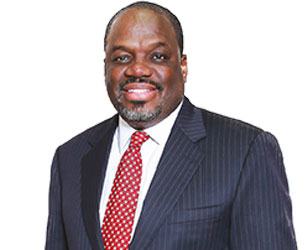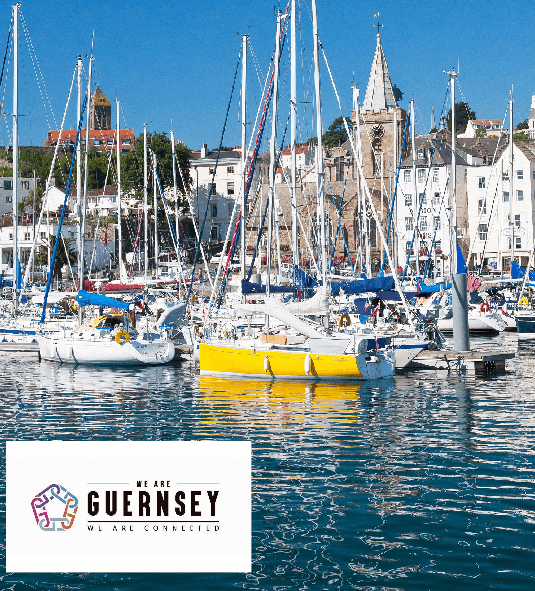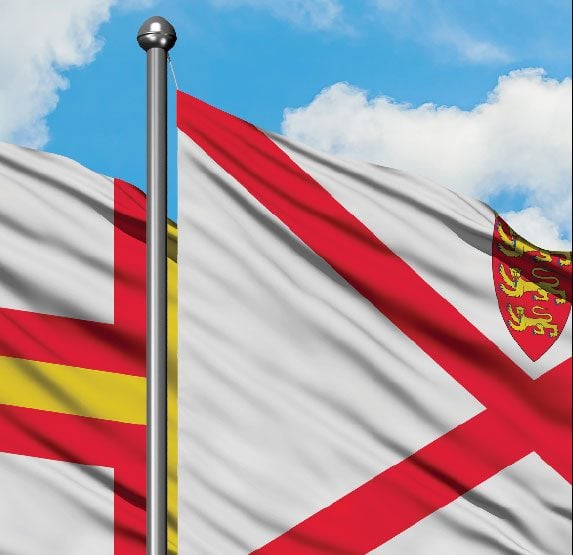What do you see as the main points that differentiate McKinney, Bancroft & Hughes (MBH) from your competitors?
Firstly, responsiveness. All of our lawyers are under strict directives to respond to every client email within 24 hours. We can say we have excellent attorneys, while we believe our attorneys are the best in the Bahamas, other firms also have excellent attorneys, but it is our responsiveness that sets us apart from our competitors.
Secondly, we have a culture of efficiency. MBH has provided world class legal solutions since its formation in 1945, and we continue to do so aided by our Association with Lex Mundi the leading network of independent law firms.
Which practises do you see growing in the next 12 months? What are the drivers behind that?
Tax and trade and trust and private client practice groups. Tax and trade: the introduction of value added tax in The Bahamas has resulted in a paradigm shift in how The Bahamian government raises revenue and this has resulted in an entirely new practice area.
There is a significant amount of work to be done in assisting clients to navigate the new landscape.
Trust and private client: with the recent changes in how international financial centres operate, ushered in by the initiatives implemented by various multinational bodies, a generous amount of work is being created in dealing with issues such as registers of beneficial ownership, legislative substance requirements and base erosion and profit sharing legislation. Ultra High Net Worth individuals will now need lawyers adept at navigating this landscape.
What’s the main change you’ve made in the firm that will benefit clients?
MBH recently re-launched its website which widens our outreach to clients and offers a better opportunity to manage market ideals while making more information available to our client base. By providing a more user-friendly platform we have leveraged this medium to better inform clients and meet their needs.
Is technology changing the way you interact with your clients, and the services you can provide them?
Absolutely, it provides us with the opportunity for connective thinking. As a firm we have certainly embraced technological advances to transform our service platform in a way that makes for better interaction with clients, and we have also capitalized on the way in which technology has improved productivity.
Our firm operates on a bank of connected databases and we have always utilized technology to grow and maintain the links of service between our several offices in Nassau New Providence, Freeport Grand Bahama and in Lyford Cay. This day-to-day use of technology has also proved useful in providing efficiency to clients we serve in various time zones and markets. MBH has recently taken advantage of practice management and knowledge management software, keeping our practitioners accountable and significantly improving productivity. However, the most impactful and rewarding enhancement to client interaction which we have seen is with the use of social media to transform our customer relationship management.
Can you give us a practical example of how you have helped a client to add value to their business?
This is certainly a forte of our strong team in the Trusts and Private Client practice comprising of diverse legal backgrounds and years of experience in complex commercial litigation and wealth management advice. A ready example of our innovative solutions-based service to clients can be found in our service to a longstanding family owned group of entities which include the largest local retailers in the pharmaceutical business and manufacturers/wholesalers of home improvement supplies and construction materials, with a combined net worth of $150 million. The recent restructuring of this group of entities for tax efficiency and wealth management purposes prepared the group for, and optimized its value in the wake of, the implementation of a new tax regime in The Bahamas.
Are clients looking for stability and strategic direction from their law firms? – where do you see the firm in three years’ time?
Yes I certainly believe so. Recent transitions at MBH have proved that stability and strategic direction is imperative for most clients. We have always provided long-standing contributions to the legal profession. As one of the oldest law firms in the Bahamas having been established in 1945, our founding Partners and many of our practitioners who have led the profession at the Bar, have gone on to make stellar contributions to the Judiciary. This has meant that MBH has had to maintain client confidence in the stability provided by experienced and competent legal minds by offering premium efficiency and excellence with innovative and strategic thinking. The ability to manage client’s expectations while delivering quality service, will position the firm over the next 3 years to smoothly transition while appealing to a younger more demanding client demographic.


















